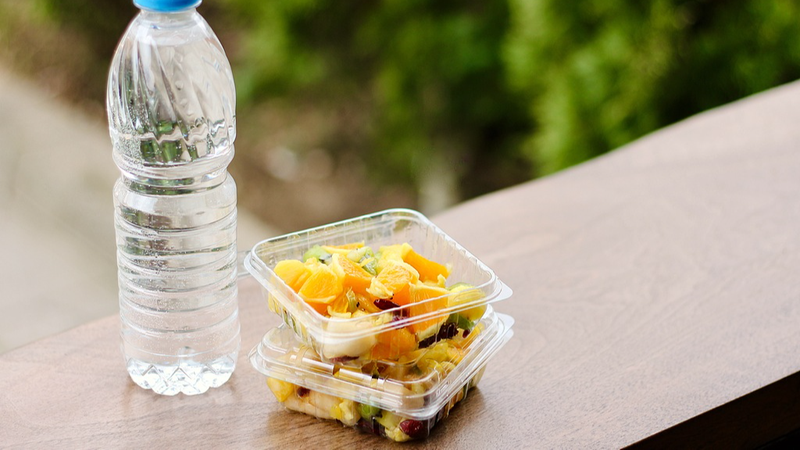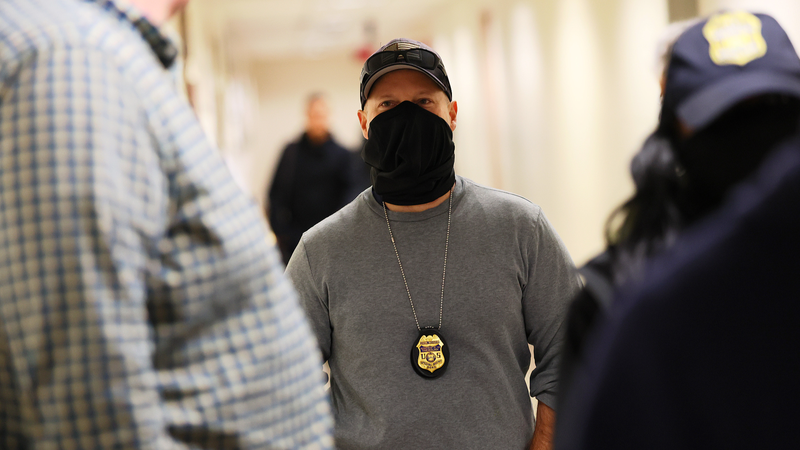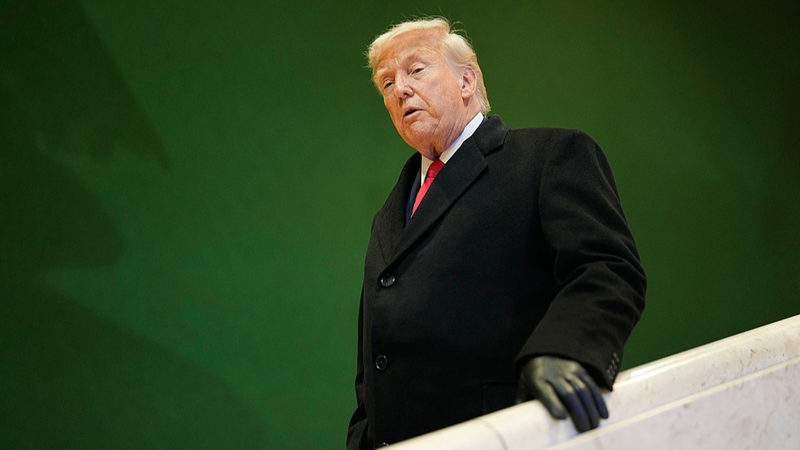Scientists at Monash University have unlocked a game-changing way to turn everyday food scraps into eco-friendly plastic films! 🌿
By feeding two soil-dwelling bacteria—Cupriavidus necator and Pseudomonas putida—a mix of food waste sugars and nutrients, researchers coaxed them to produce polyhydroxyalkanoates (PHAs), nature’s biodegradable biopolymers. After extracting the PHAs, they cast them into ultrathin films about 20 microns thick—think of it like the eco-friendly cousin of your plastic wrap.
Edward Attenborough from the Department of Chemical and Biological Engineering at Monash University says the research demonstrates how food waste can be transformed into sustainable, compostable ultrathin films with tunable properties.
These PHA films can be stretched, molded, and heated just like conventional plastics. The versatility opens the door to:
- Compostable food packaging that breaks down with scraps
- Temperature-sensitive applications, like medical films
- Custom shapes for agriculture and beyond
With global plastic production topping 400 million tons a year—much of it single-use—this innovation tackles one of our biggest environmental challenges. Imagine ditching the petroleum-based stuff for materials you can compost alongside your veggie peels! 🌎
The team is now partnering with industry to bring these bioplastics to market, paving the way for greener packaging and sustainable solutions.
Who knew that yesterday’s leftovers could become tomorrow’s packaging superhero? 🦸♀️🦸♂️
Reference(s):
Scientists in Australia create natural plastics for everyday packaging
cgtn.com




